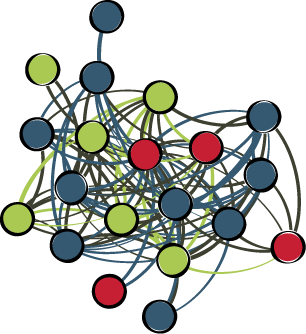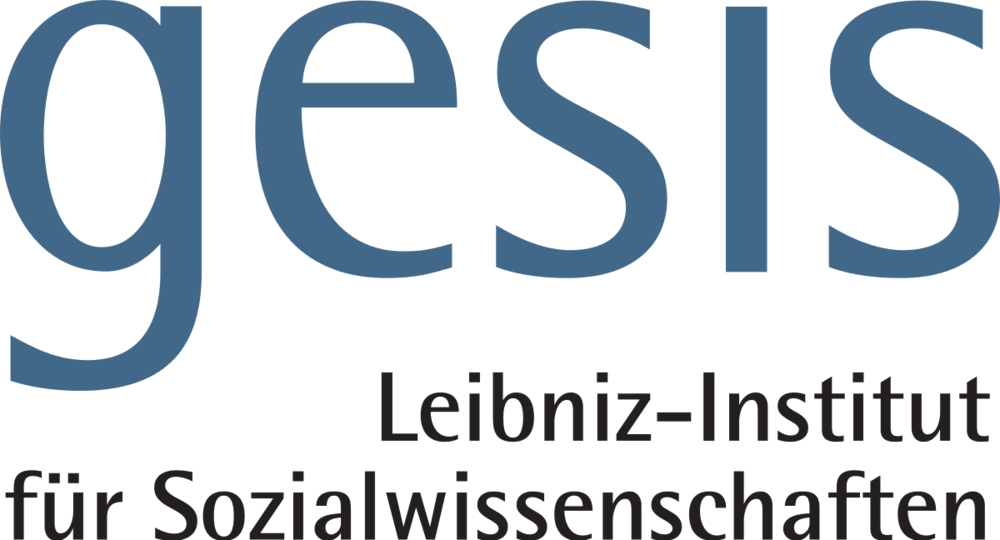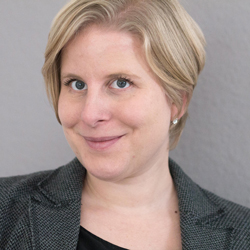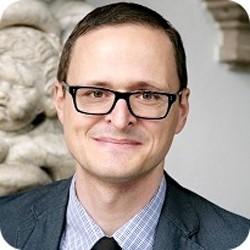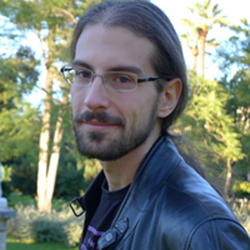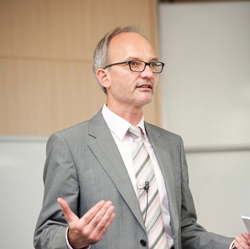This is a series of three symposia that discuss societal challenges in computational social sciences. Each year, the symposium has a focus on a specific subtopic: “Inequality and Imbalance” (London, 2017), “Bias and Discrimination” (Cologne, 2018) and “Polarization and Radicalization” (Zurich, 2019).
With these three events we provide a platform to address one of the most pressing challenges in today’s digital society: understanding the role that digital technologies, the Web, and the algorithms used therein play in the mediation and creation of inequalities, discrimination and polarization.
By addressing inequality as the topical issue for the symposium series we intend to explore how CSS can contribute to opening up new ways of thinking about, of measuring, detecting and coping with social inequality, discrimination, and polarization. We will discuss how divides and inequalities are proliferated in digital society, how social cleavages can be observed via web data, how the organizational structure of the web itself generates biases and inequality, and how, in contrast, algorithms and computational tools might help to reduce discrimination and inequality. We will also investigate how bias and unequal social structures foster political tension and polarization, including issues of radicalization and hate.
Organizing Committee
